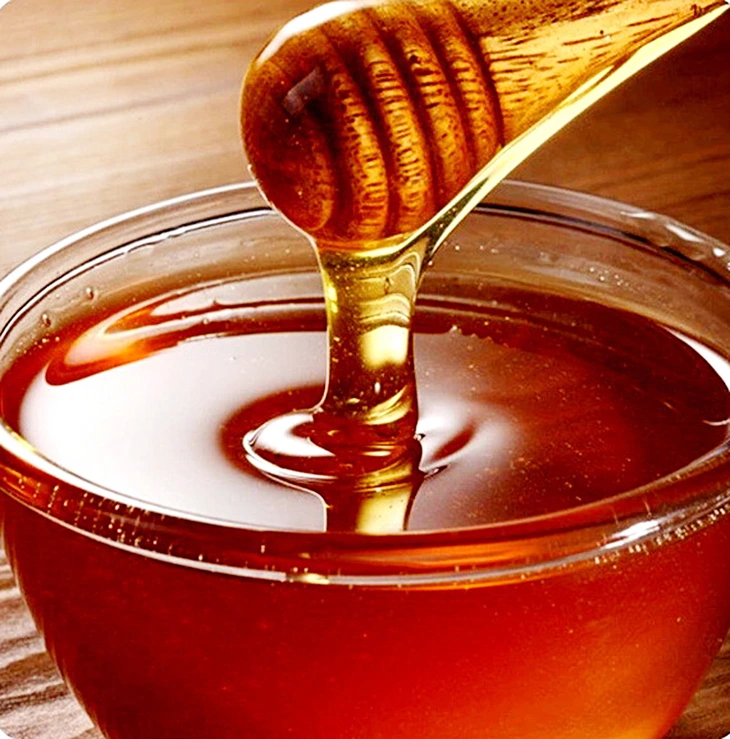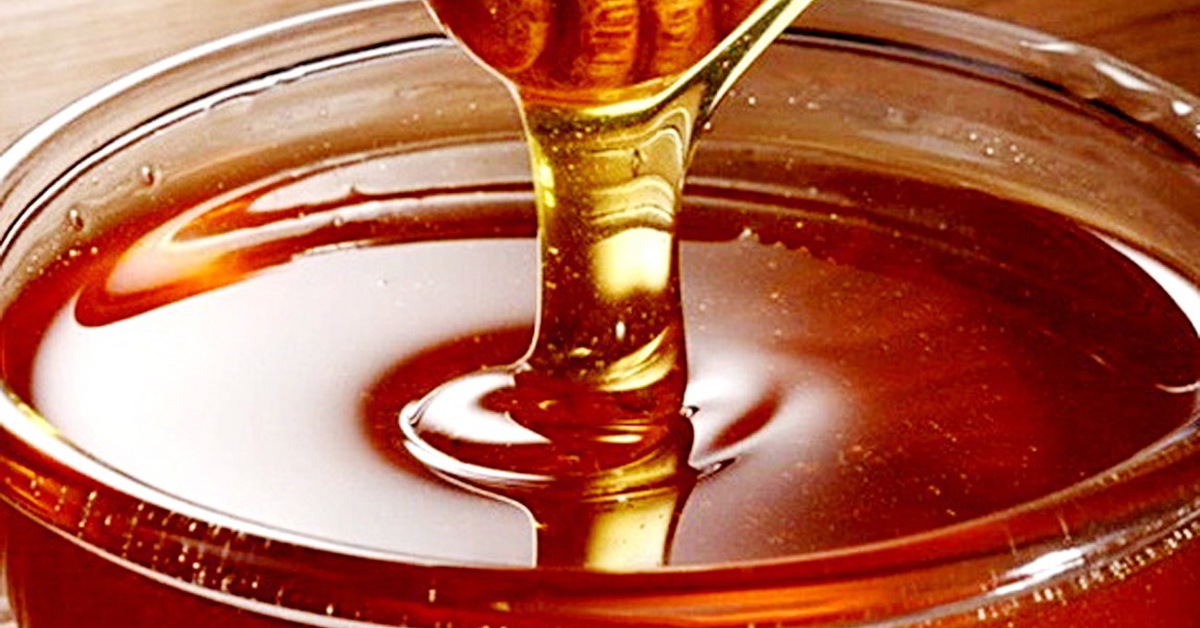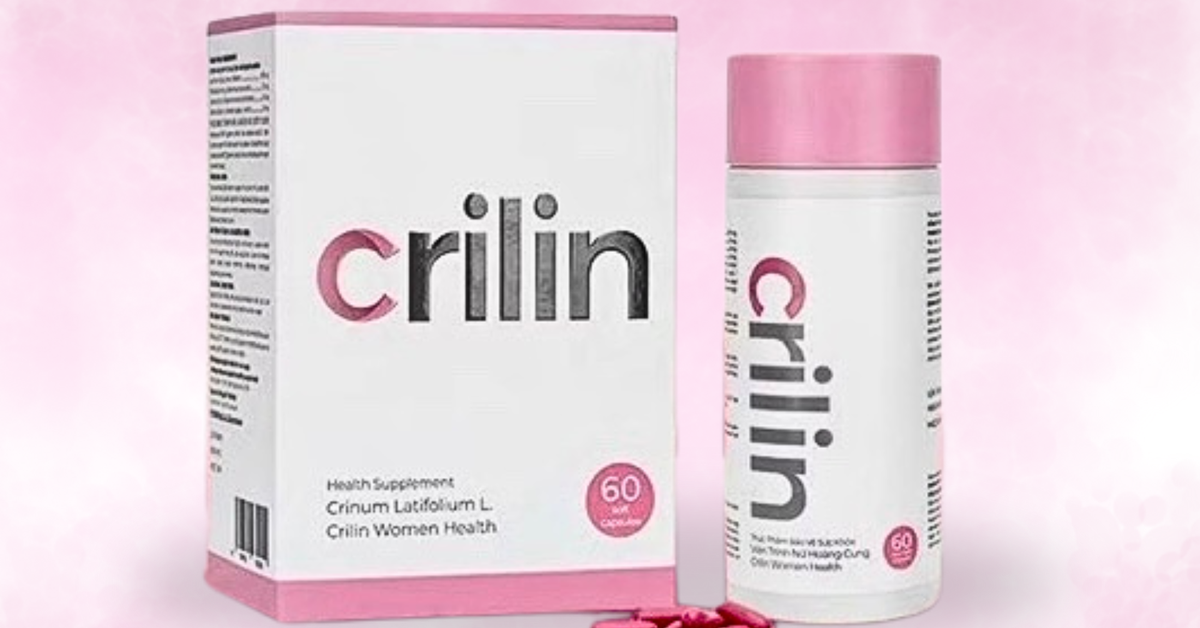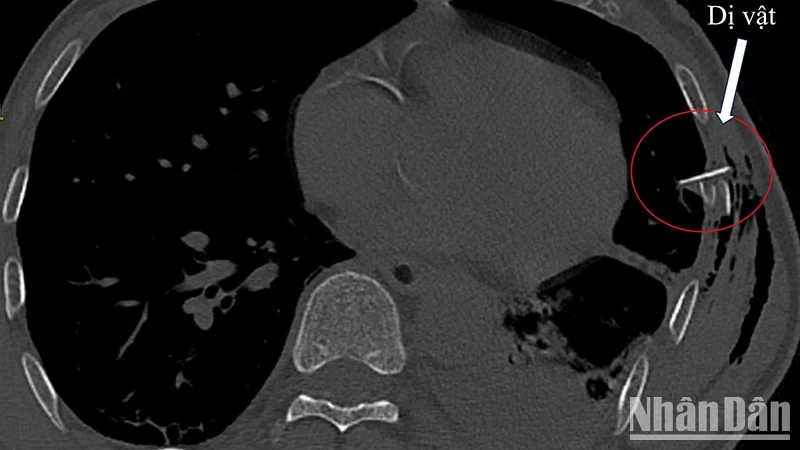
Honey - Photo: TTO
Honey is produced when bees collect nectar from flowers and then pass it to other bees through their mouths. This sugary liquid is gradually converted into honey, which the bees store in wax cells.
Raw honey is taken directly from the beehive, providing many health benefits and nutritional value. The honey is then processed to remove harmful bacteria and add sweeteners, but this process also removes some of the nutrients.
Helps control blood sugar levels
Honey has a lower glycemic index than refined sugar, meaning it doesn't spike blood sugar and insulin levels.
Insulin is a hormone that helps transport glucose into cells. Honey may help increase insulin sensitivity, which means the body's ability to use insulin more effectively.
Honey's effect on blood sugar is partly due to its high content of fructose, a natural sugar found in honey, as well as in fruits and vegetables. However, it is still important to pay attention to portion sizes and consume honey in moderation.
Improve heart health
Honey helps reduce triglyceride and LDL cholesterol (the "bad" cholesterol) levels in the blood. When total cholesterol is too high, it can build up in the arteries and lead to heart disease.
Honey contains more than 180 compounds, including natural sugars, vitamins, minerals, and plant compounds (phytochemicals). The antioxidants and anti-inflammatory properties in honey help protect the body from atherosclerosis.
Atherosclerosis is a buildup of fatty deposits in the arteries, which hardens the blood vessels over time and restricts blood flow.
This is a risk factor for coronary artery disease (CAD) when this buildup blocks blood flow to the heart. CAD increases the risk of angina and heart attack.
Cough relief
Coughing can be uncomfortable and disrupt sleep. Some studies show that honey can help relieve coughs in children.
One review analyzed nine studies in 1,230 children and compared the effects of honey with cough medicine, placebo, and no treatment.
The results showed that honey was more effective than placebo or no treatment. In addition, the effect of honey was comparable to some drugs such as dextromethorphan and may be more effective than diphenhydramine, an antihistamine.
However, it is important to note that honey can cause serious illness in young children. Never give honey to children under 12 months of age.
Supports gut health
Honey has prebiotic properties, which help ferment beneficial bacteria in the gut. Lactobacilli are beneficial gut bacteria that aid in digestion and nutrient absorption.
Some people use lactobacilli to relieve symptoms of irritable bowel syndrome (IBS), such as diarrhea. The study authors also linked the effects of prebiotics to a healthy immune system and improved mental health.
Nutritional value of honey
A spoonful of honey provides nutritional values:
Calories: 63.8
Fat: 0g
Sodium: 0.8mg
Carbohydrates: 17.3g
Fiber: 0.04g
Added sugar: 0g
Protein: 0.1g
Research also shows that honey contains 31 minerals, including phosphorus, calcium, potassium, and magnesium. However, honey will not provide a large proportion of these nutrients in the diet, but can be a beneficial addition to your diet.
Original article published on Health.com
Source: https://tuoitre.vn/vi-sao-mat-ong-ngot-lai-giup-giam-nguy-co-benh-tim-va-tieu-duong-20250330081124747.htm


![[Photo] Speeding up construction of Ring Road 3 and Bien Hoa-Vung Tau Expressway](https://vstatic.vietnam.vn/vietnam/resource/IMAGE/2025/3/31/f1431fbe7d604caba041f84a718ccef7)


![[Photo] Official welcoming ceremony for the King and Queen of the Kingdom of Belgium](https://vstatic.vietnam.vn/vietnam/resource/IMAGE/2025/4/1/9e1e23e54fad482aa7680fa5d11a1480)
![[Photo] President Luong Cuong meets with King Philippe of Belgium](https://vstatic.vietnam.vn/vietnam/resource/IMAGE/2025/4/1/1ce6351a31734a1a833f595a89648faf)
![[Photo] President Luong Cuong and the King of Belgium witness the Vietnam-Belgium document exchange ceremony](https://vstatic.vietnam.vn/vietnam/resource/IMAGE/2025/4/1/df43237b0d2d4f1997892fe485bd05a2)





















































































Comment (0)